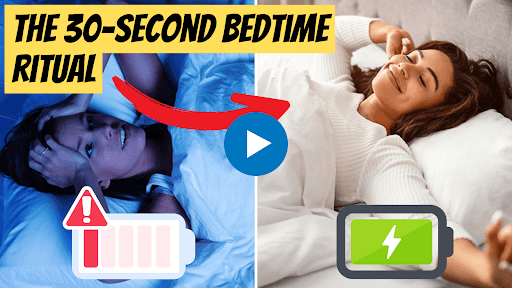10 Minute Non-Sleep Deep Rest (NSDR) to Restore Mental & Physical Energy | Dr. Andrew Huberman
In the fast-paced world we inhabit today, finding effective ways to relax and rejuvenate both mind and body is crucial. Dr. Andrew Huberman presents a powerful tool known as Non-Sleep Deep Rest (NSDR), which offers a science-backed method to regain control over one's relaxation state and mental vigor.
Non-sleep deep rest is not just a relaxation technique; it's an integral practice that has the ability to restore both mental and physical energies any time of the day or night. As Huberman highlights, this protocol aids in stabilizing the nervous system, ultimately contributing to overall well-being.
To commence the NSDR protocol, it is essential to find a comfortable seated or lying position, ensuring eyes are gently closed to minimize visual distractions. The focus should remain on the breath, specifically, directing attention to a deep inhale through the nose and a complete exhale through pursed lips. This technique fosters a calming effect on the nervous system.
- Inhale deeply through your nose.
- Exhale through your mouth with lips pursed as if blowing through a straw.
- Repeat to slow heart rate and relax your body.
The NSDR process also involves using mental imagery. Huberman instructs participants to visualize themselves from above, utilizing an imagined spotlight to gently scan and relax each body part. Starting from the feet and gradually moving upwards, this focused visualization allows individuals to tune into and alleviate every tension spot.
- Visualize a spotlight sweeping over your body.
- Pay attention to different sensations in each area.
- Notice and relax the muscles as they are "illuminated".
Completing the NSDR round, participants experience a noticeable control over their nervous system functionalities. Through exercises such as moving fingers and lifting arms gently, the importance of perception and voluntary movement re-establishes itself convincingly.
NSDR not only aids in immediate relaxation but also serves as an antidote to long-term stress. It aligns the mind and body, partially offsets sleep deprivation effects, and even further improves one’s sleep quality when integrated with regular nighttime routines.
Employing Non-Sleep Deep Rest can become a pivotal part of combating stress and boosting mental nimbleness. Dr. Andrew Huberman's insights into employing simple adjustment techniques to restore mental and physical stamina open up the door to a healthier, more balanced lifestyle. Implementing this practice as part of your daily routine ensures you remain consciously in control of your stress responses, leading to overall enhanced well-being.
"Controlling your perceptions is simply directing your attention to specific sensations."
From Around The Web
Wellness Inbox is a blog & weekly newsletter that curates trending news and products related to health and wellness from around the web. We also gather content from various sources, including leading health professionals, and deliver it directly to you.
Please note that we may receive compensation if you purchase any products featured in our newsletter. Wellness Inbox is not affiliated with, nor does it endorse, any health professionals whose content may appear in our newsletter. The information provided is for general informational purposes only and should not be considered medical advice.
The information provided is not intended to replace professional medical advice, diagnosis, or treatment. All content, including text, graphics, images, and information available is for general informational purposes only. We do not guarantee the accuracy or completeness of any information presented and assume no liability for any errors or omissions. The content is subject to change without notice. We encourage you to verify any information with other reliable sources and consult your physician regarding any medical conditions or treatments.







